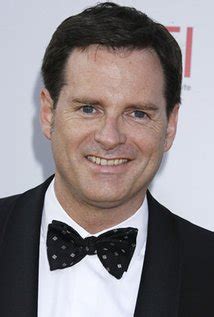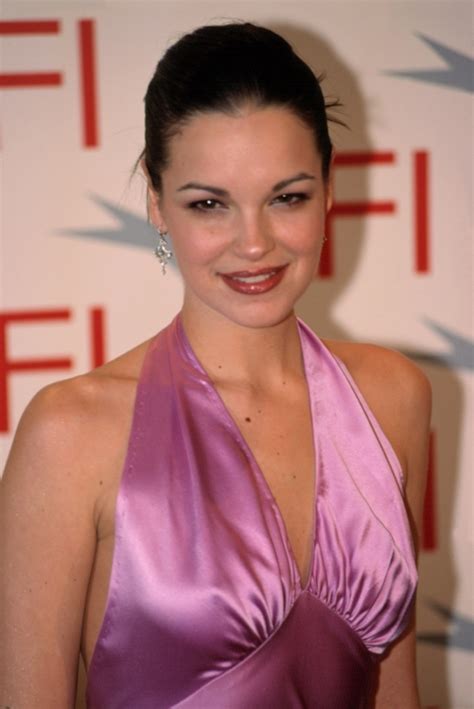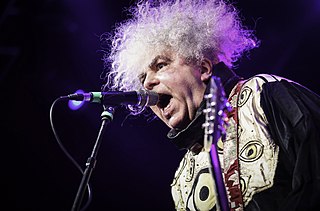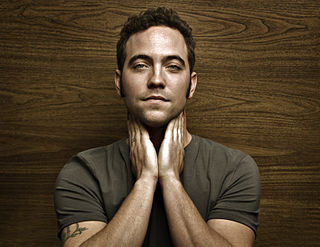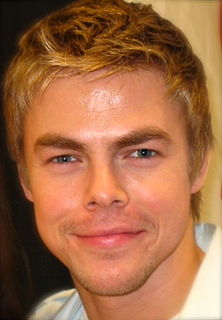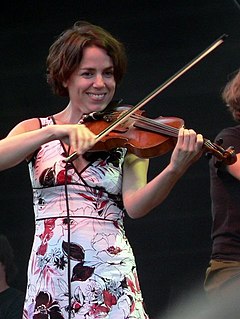A Quote by Bertolt Brecht
The alienation effect in German epic theater is achieved not only through the actors, but also through music (chorus and song) andsets (transparencies, film strips, etc.). Its main purpose is to place the staged events in their historical context.
Related Quotes
The Bible is an ancient text from an ancient context. We live thousands of miles and thousands of years away from that context, which also represents different cultures. Archaeology is a modern means of revealing both the lost record of the ancient world, and the historical and social world of the Bible. While the purpose of archaeology is not to prove the historicity of the people and events recorded in Scripture, it can help immeasurably to confirm the historical reality and accuracy of the Bible and to demonstrate that faith has a factual foundation.
German writings attain popularity through a great name, or through personalities, or through good connections, or through effort,or through moderate immorality, or through accomplished incomprehensibility, or through harmonious platitude, or through versatile boredom, or through constant striving after the absolute.
I think film is a world of directors. Theater is a world of actors. Or, theater is for actors as cinema is for directors. I started in theater. Filming is as complete as directing film. In theater, you are there, you have a character, you have a play, you have a light, you have a set, you have an audience, and you're in control, and every night is different depending on you and the relationship with the other actors. It's as simple as that. So, you are given all the tools.
One of my main problems with music is that the basic formula is always the same: verse, chorus, verse, chorus, bridge, verse, chorus, chorus, chorus, end. One of the bands that changed that was The Beatles. If you listen to 'Everybody's Got Something to Hide Except Me and My Monkey.' It's three verses, bridge, end.
You can't make theater happen without actors. The actor is the central ingredient in making theater happen. Audiences may come to theaters to see the work of stage managers, directors and producers, but the only people who can communicate theater magic to audiences, through ideas and emotions, are the actors. They are the only ones who can communicate this by themselves, and if necessary, they can get along without you. But you can't make theater without the actor.
A song playing comprises a very specific and vivid set of memory cues. Because the multiple-trace memory models assume that context is encoded along with memory traces, the music that you have listened to at various times of your life is cross-coded with the events of those times. That is, the music is linked to events of the time, and those events are linked to the music.
Normally you'll have a structure to a song. You'll have an intro to a verse to a pre-chorus to a chorus, kinda repeat that, maybe there's a bridge, then you'll go out on a chorus - that's the quintessential song structure - sometimes you might do a fake-out, re-do a pre-chorus but the chorus doesn't come until later, but for the most part you follow these tried and true structures.
The song that I will sing is an old song, so old that none knows who made it. It has been handed down through generations and was taught to me when I was but a little lad. It is now my own song. It belongs to me. This is a holy song (medicine-song), and great is its power. The song tells how, as I sing, I go through the air to a holy place where Yusun (The Supreme Being) will give me power to do wonderful things. I am surrounded by little clouds, and as I go through the air I change, becoming spirit only.
When we give thanks in all things, we see hardships and adversities in the context of the purpose of life... We are meant to learn and grow through opposition, through meeting our challenges, and through teaching others to do the same... the Lord will not only consecrate our afflictions for our gain, but He will use them to bless the lives of countless others.
I didn't know how write a song, (verse, chorus, verse, chorus, bridge, chorus, bridge, verse), etc., and I didn't know how to write lyrics, so that's when I thought, well, I don't have to write a song with all those verses and choruses or lyrics. I can just sing everything the way I want to. So I sang all the instruments with my voice and just went with it.

